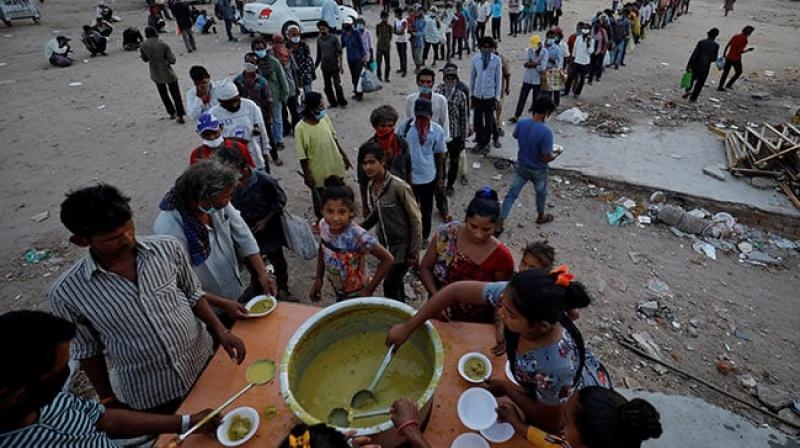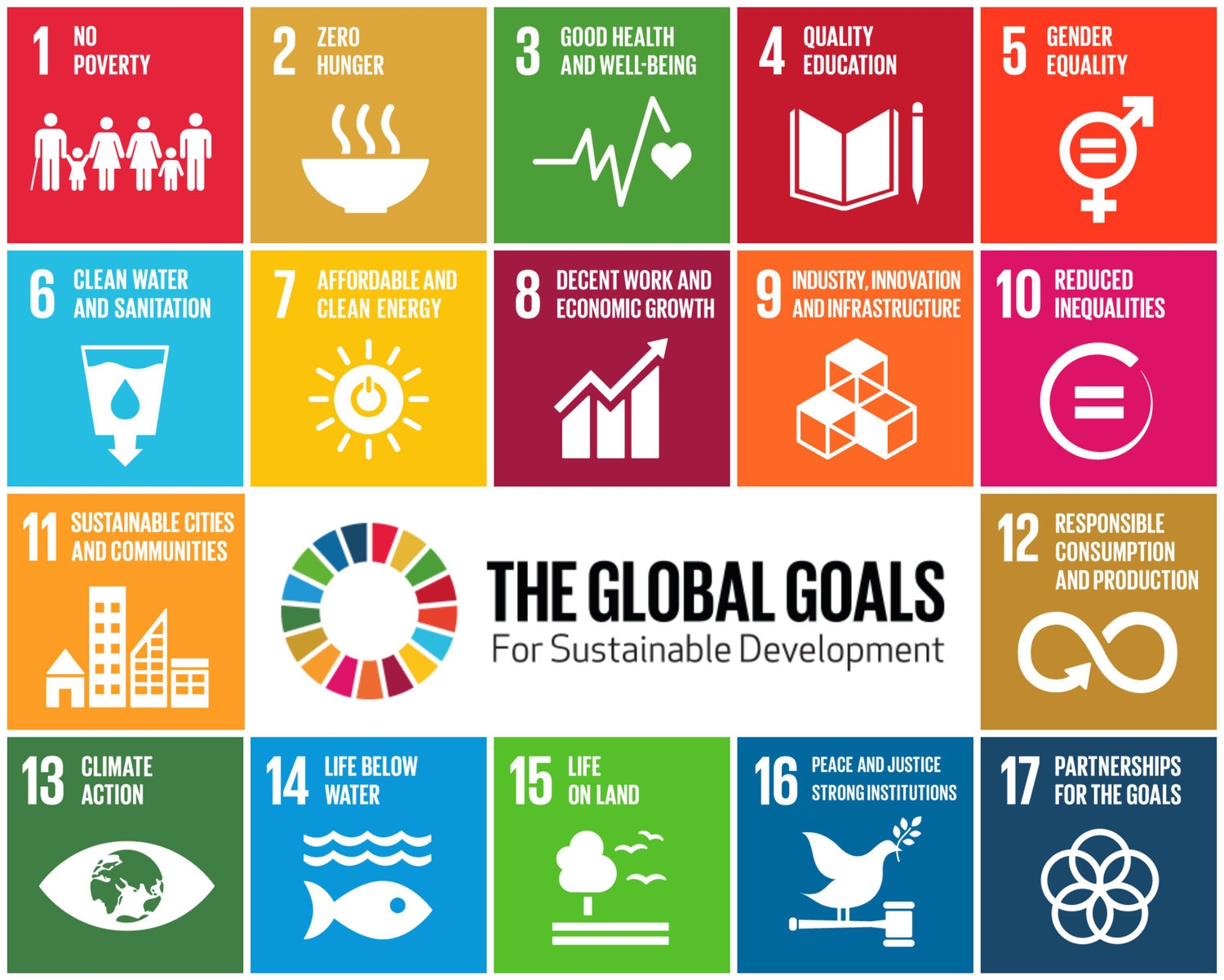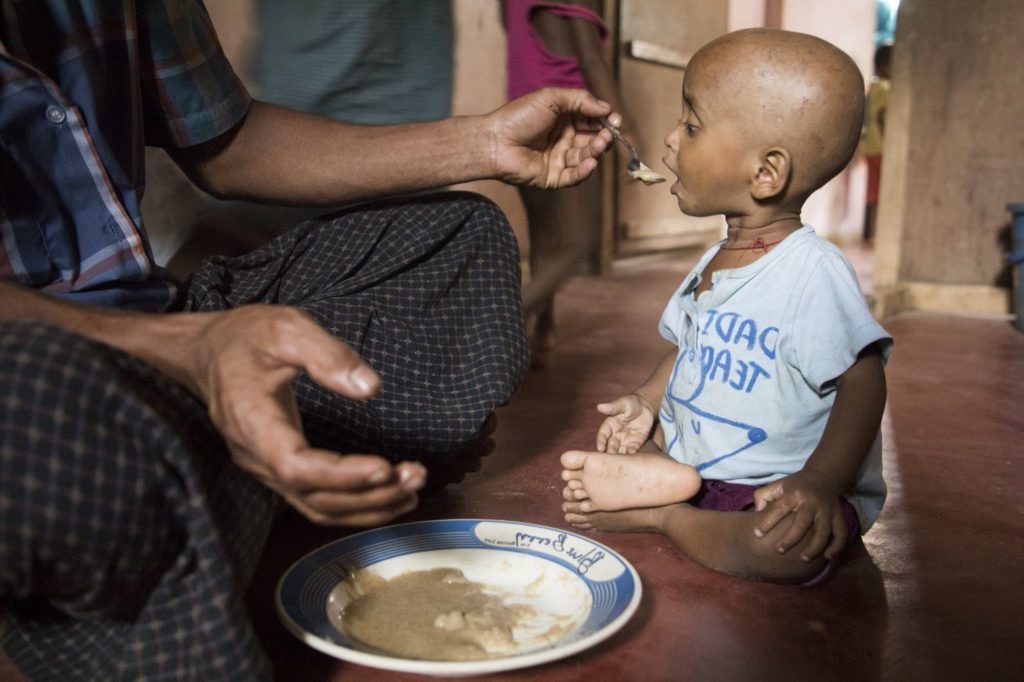Global poverty could rise to more than one billion in the wake of the COVID-19 crisis, and more than half of the 395 million extreme poor will be from South Asia, which would be the hardest-hit region in the world, according to India Times, citing from a new report released by researchers at King's College London and the Australian National University.
The study is published in a new journal of the United Nations University's Institute for Global Development Economics Research, stating that the crisis could result in 1 billion people living on less than $1.90 a day worldwide, to higher poverty lines of living on less than $5.50 a day.
According to the study, if USD 1.90 a day is considered a measure of poverty and the epidemic shrinks by 20 percent, the remaining 395 million more will fall into the category of the poor. More than half of them will be from South Asian countries, in which India is on the top of the list with their large population.
 |
| 395 million more will fall into the category of the poor. Photo: rozanaspokesman |
The report highlighted that a $500 million per day loss of income for the poorest people in the world could soon be a reality. It said, "The COVID-19 pandemic continues to dominate headlines as the death toll rises and economies falter. However, far too little attention is being given to the worsening crisis in developing countries where coronavirus is spreading rapidly and governments grapple with the devastating economic consequences of prolonged shutdowns and the collapse of world trade. Three-quarters of new cases detected every day are in developing countries".
The report added that it is likely to trigger an immediate and potential permanent increase in global poverty, and the situation could get a lot worse unless governments move faster. In fact, it could set back progress on reducing global poverty and achieving SDG 1 by decades. The report considered a range of impacts based on income or consumption contractions of 5%, 10%, and 20% and found that in addition to the impact on extreme poverty there could be over 500m new poor living under the $3.20 and $5.50 per day poverty lines.
In addition, the report claimed that the intensity and severity of poverty are also likely to be exacerbated too. The daily losses could be in the millions of dollars per day among those already living in extreme poverty, and among the group of people newly pushed into extreme poverty as a result of the crisis.
The researchers are now calling for urgent global leadership from the G7, G20, and the multilateral system, and propose a three-point plan to address the impact of the COVID-19 on global poverty quickly.
According to a press release recently, Andy Sumner, Professor of International Development at King’s College London and a Senior Non-Resident Research Fellow at UNU-WIDER said the COVID-19 crisis could take extreme poverty back over one billion people because millions of people live just above poverty. “Millions of people live in a precarious position one shock away from poverty. And the current crisis could be that shock that pushes them into poverty.”
Professor Kunal Sen, Director of UNU-WIDER said the new estimates about the level of poverty in the world and the cost of the COVID-19 pandemic to the world’s poor are sobering. This study shows that the achievement of the 2030 Agenda, and in particular, the SDGs on no poverty and zero hunger, is under considerable threat. The need of the hour is to bring together development agencies, national governments, civil society and the private sector in a global effort to protect the livelihoods and lives of the poorest of the poor in the Global South.
– Sen said.
 |
| The achievement of the UN's 2030 Agenda may be affected by the pandemic. Photo: un2030agenda |
The UNU-WIDER's press release said that the results of the study have galvanized concern for vulnerable communities around the world. They are being cited by Oxfam International in April, in its call to world leaders to implement “an Economic Rescue Plan for All, to keep poor countries and poor communities afloat,” ahead of key meetings of the World Bank and International Monetary Fund (IMF) and G20 Finance Ministers.
“The devastating economic fallout of the pandemic is being felt across the globe. But for poor people in poor countries who are already struggling to survive there are almost no safety nets to stop them from falling into poverty. G20 Finance Ministers, the IMF, and World Bank must give developing countries an immediate cash injection to help them bail out poor and vulnerable communities”, said Jose Maria Vera, Oxfam International Interim Executive Director, cited Reliefweb.
Oxfam, in its report titled "Dignity not destitution - An ‘Economic Rescue Plan For All’ to tackle the Coronavirus crisis and rebuild a more equal world", is calling on world leaders to agree on an Emergency Rescue Package of 2.5 trillion USD paid for through the immediate cancellation or postponement of 1 trillion in debt repayments, a 1 trillion increase in IMF Special Drawing Rights (international financial reserves), and an additional 500 billion in aid.
 |
| COVID-19 risks undermining efforts to reduce hunger. Photo: WFP |
The key points of the ‘Economic Rescue Plan For All’ by Oxfam International would be: 1. To provide cash grants for all who need them. All workers suffering a loss of income must have access to some form of income replacement, be it a wage subsidy, unemployment benefit, sick pay or other benefits. 2. Bail out businesses responsibly. The stimulus packages announced in response to the pandemic must not make the same mistakes as were made in the 2008 financial crisis. Instead, bailout money must go into the hands of the most vulnerable people – workers and small businesses who are the least prepared to cope. 3. Suspend and cancel debts. Cancelling debt payments is the fastest way to keep money in countries and to free up resources to tackle the urgent health, social and economic crises resulting from the global pandemic. 4. Issue Special Drawing Rights. The G20 should immediately propose an emergency issuance of $1 trillion in SDRs. 5. Increase aid now. Donors should provide immediate emergency support to limit the outbreak and save lives, both through multilateral bodies like the World Health Organization that are responsible for managing the global response and directly to developing countries. 6. Adopt emergency solidarity taxes. Governments must make use of extraordinary measures to tax those who can afford to be taxed, in order to fund the global health package and the global economic relief measures. (Source: Oxfarm) |
Tony Nguyen
Source: Vietnamtimes




 Print the article
Print the article